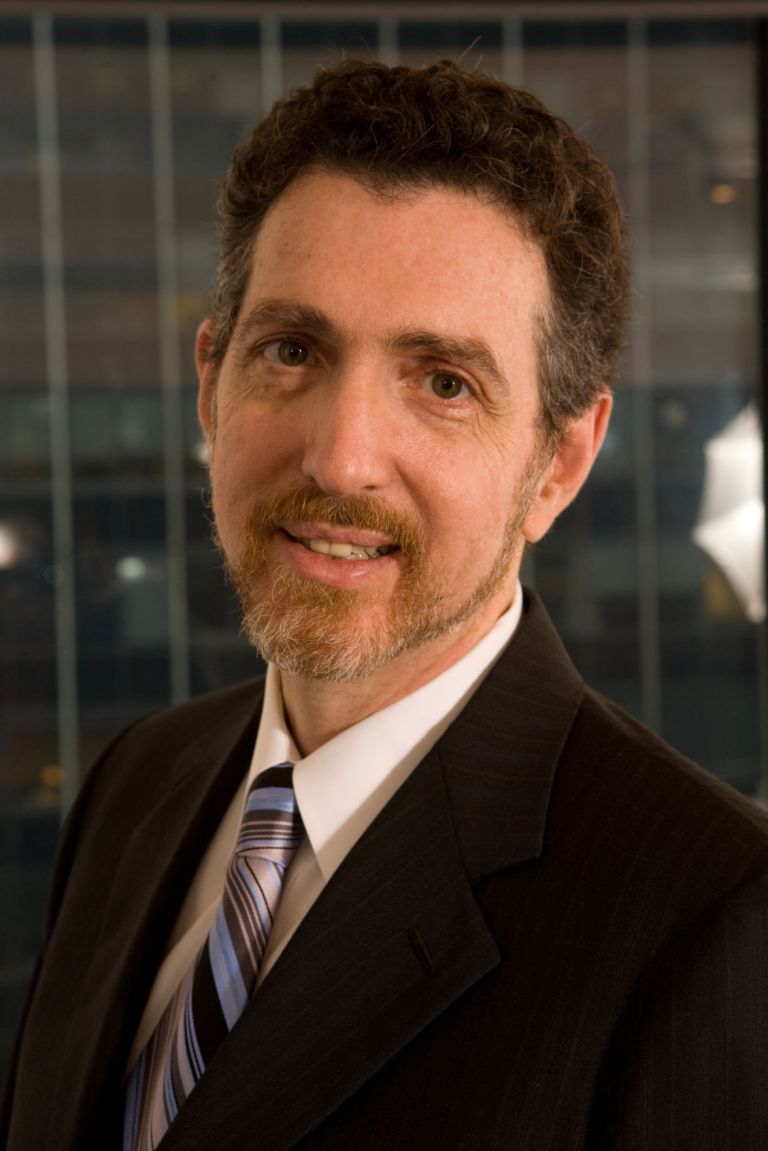
Two things needed to happen for Jon Morgenstern to start on a career in public health that led to his appointment as the new director of addiction services and vice president of substance abuse services for the North Shore-LIJ Health System.
First, he had to work at a hospital in the Bedford-Stuyvesant neighborhood of Brooklyn during the crack cocaine epidemic of the 1980s, feeling helpless to treat entire families who were addicted to the drug or dying from it.
And second, he had to graduate from a Ph.D. program in clinical psychology at New York University amid the epidemic that he said inadequately prepared him to help the waves of patients seeking help.
“I felt a sense of moral responsibility to identify that there was a health problem that I had no training in and that the treatments that existed weren’t all that good,” he said in a telephone interview Monday. “I’ve spent my career trying to research how to treat people within a health-care system.”
Morgenstern was hired by the health system in September after spending the last 10 years with Columbia University, where he earned his undergraduate degree in 1977, as a professor of clinical psychology, the director of addiction treatment in its Department of Psychiatry at the Columbia University Medical Center and as a vice president and director of treatment research at the National Center on Addiction and Substance Abuse.
But as the so-called war on drugs has advanced from crack cocaine to, more recently, a boom in heroin and prescription drugs, Morgenstern has been presented with a new challenge: How to maximize limited health-system resources for a growing number of people seeking treatment.
“It’s so important that the best and biggest health-care systems have great treatment programs, but that’s still not how medicine sees addiction,” he said. “If you have a family member that has cancer, you’d know to send them to [Memorial] Sloan Kettering [Cancer Research Center]. We want to get to a point, as time progresses, that you know to send your loved ones to North Shore, to Cornell [Medical Center], to NYU [Langone Medical Center].”
While medical professionals and addiction specialists have struggled to identify candidates for treatment programs before they overdose or are arrested, Morgenstern and North Shore-LIJ have sought to maximize the health system’s early intervention program to curb addictive behavior before treatment becomes necessary.
“For people who end up dying of an overdose, typically it’s not the first time they’ve overdosed,” Morgenstern said. “Often people come into an emergency care facility or a primary-care facility and they seek pain prescriptions and are turned away. Nothing is really done at that point, because it’s seen as they’re just roving for meds, but how about we follow up with those patients and see if they want treatment? We should have a capacity to do that.”
North-Shore’s Early Intervention Substance-Abuse Program is part of a five-year pilot initiative that began in late 2013 that is funded by a $10 million federal grant and administered by the state Office of Alcoholism and Substance Abuse Services.
It has so far been expanded to the health system’s General Internal Medicine practice in Great Neck, North Shore University Hospital in Manhasset, the LIJ-Ambulatory Care Unit in New Hyde Park, Southside Hospital in Bay Shore and other sites in Manhattan and Staten Island.
Under the program, patients 18 and older are screened for early addiction signs through a brief questionnaire about their drinking, smoking and drug habits and, if deemed appropriate, undergo a further assessment with a health coach for referrals to inpatient or outpatient facilities.
“What we’re doing is integrating substance abuse care and behavioral health care into the traditional health-care setting,” said Megan O’Grady, a research scientist with the National Center on Addiction and Substance Abuse, in March 2014.
Morgenstern, who assisted with the program’s design and implementation while at Columbia, said more than 60,000 patients were screened last year alone, and early positive patient feedback thus far has been “an eye-opener for me.”
But the program does come with its drawbacks.
Morgenstern said emergency and primary-care workers often lack the proper training to identify addictive behaviors and match patients with the proper treatment options. The health system, he said, is currently seeking ways to finance the pilot program beyond the life of the grant.
In addition, Morgenstern said patients don’t always answer the questionnaires honestly, further complicating the screening process, and sometimes do not undergo treatments once referred.
“You’d think most of programs here at the health system would want to do this, and they do, but our primary care and emergency care personnel have a lot of other things they need to get done,” he said. “But I think the health system is certainly ahead of the curve here to get this done.”






